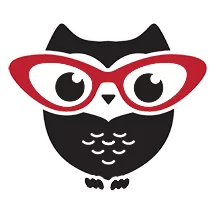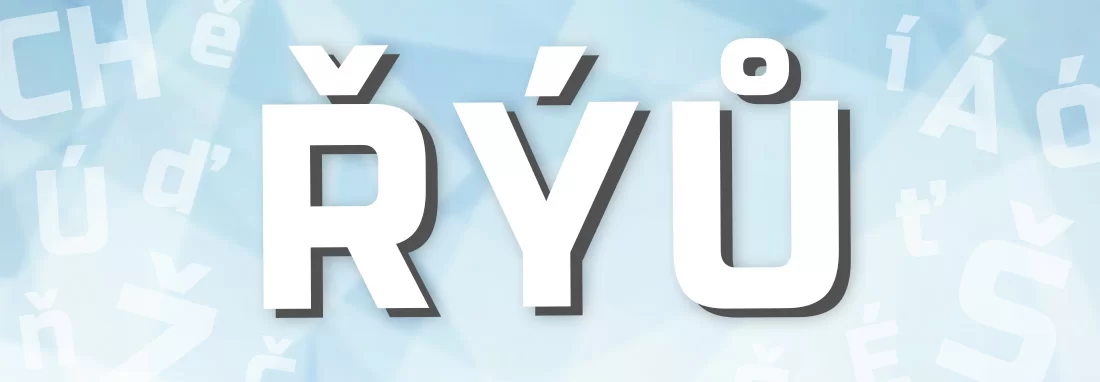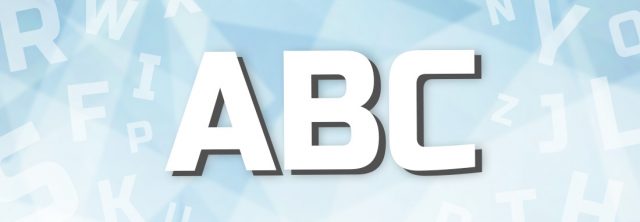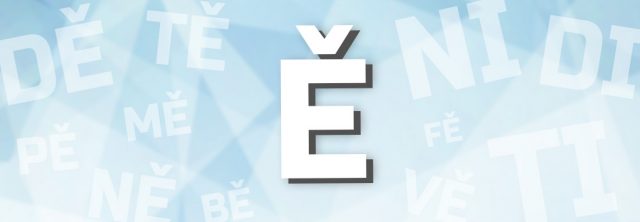Apart from the 26 basic latin characters, the Czech alphabet has 11 more special characters with extra diacritical signs and one unique letter CH.
Acute aka comma (čárka)
All vowels (a, e, i, o, u, y) can have a comma above the letter. This is professionally called an acute and its purpose is to make the vowel sound longer.
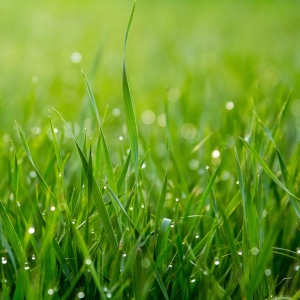
grass

milk

wind
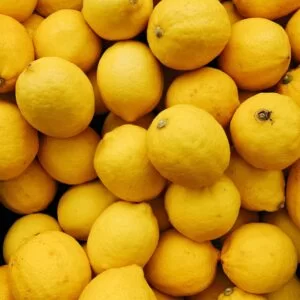
lemon

task

scooter
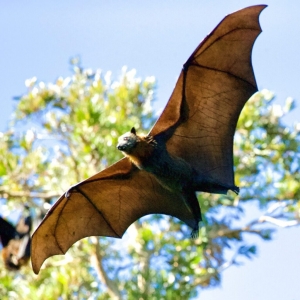
bat

paddling
Ring (kroužek)
The only letter which has a ring is ů. It is pronounced in the same way as ú, however it can be used only in the middle of the word or at the end. On the other hand, ú is used only at the start of the word or in the middle when it is a borrowed word from a different language (such as manikúra and túra in the example above).
Caron aka little hook (háček)
Eight letters have a little hook above the letter, this is linguistically called a caron. The sound of the basic letter is modified, resulting in a special sound. All letters with the little hook are covered below.

young lady

baby animals

fire
post office

railway

skis

penguin
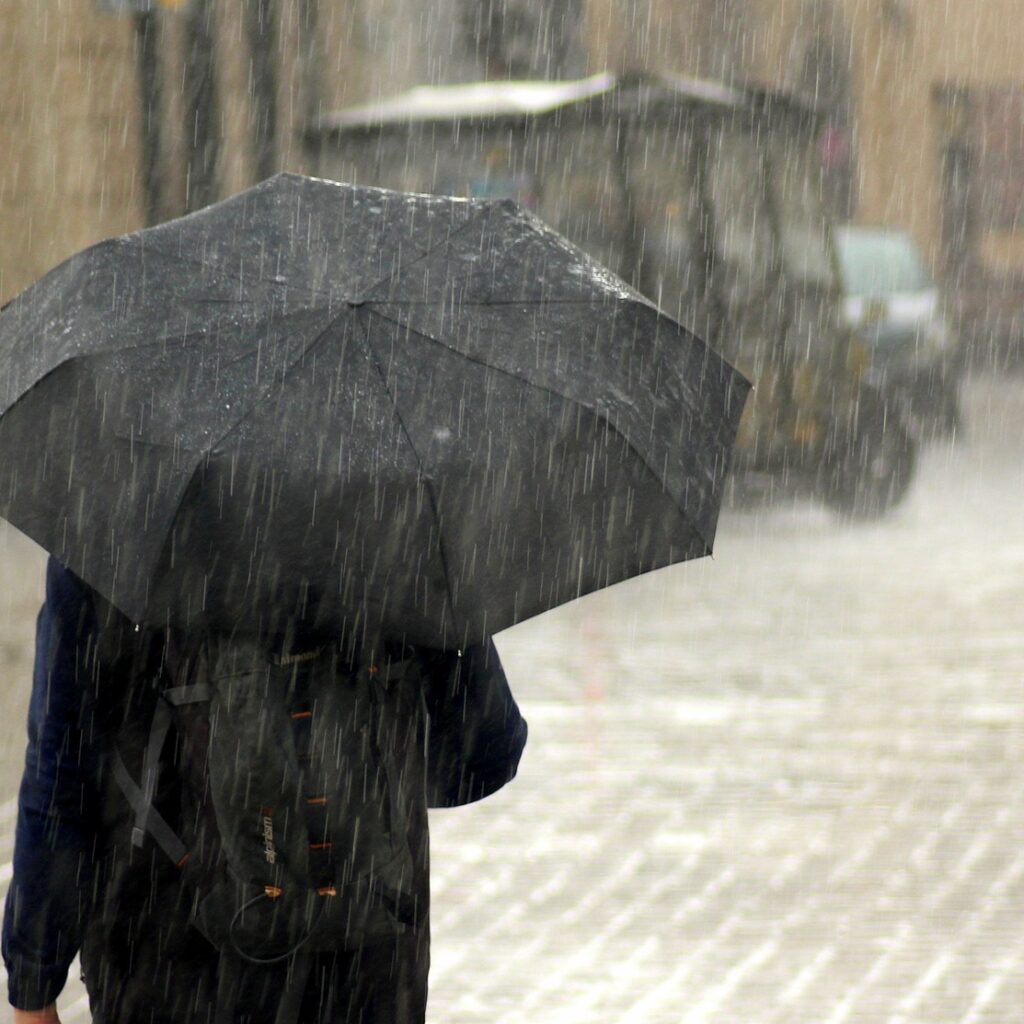
rain
Letter Ř
Ř is the most feared and challenging sound for all students since it is used only in the Czech language. It is a combination of R and Ž said together in a very fast manner. Even Slovak people have difficulties pronouncing such a sound, so do not worry if you cannot master this letter immediately. Listening and speaking practice will lead to perfection.
Despite being difficult, Ř appears in the most essential words such as numbers, months, days of the week etc.

river

wood

baker
thirty three
Letter CH
CH is a digraph, a pair of two letters used together to represent a single sound. It is always considered a single letter (when counting letters, in crosswords etc.). The pronunciation of CH tends to be unvoiced but some people prefer to pronounce it with a stronger accent, resulting in a voiced sound.

cottage

ear

statue

dust
Umlaut (přehláska)
Umlaut is a German symbol used in ä, ö, ü. They can rarely appear in Czech surnames, brand names and street names such as Fügnerova or Jägermeister. They are not represented in the Czech alphabet and you are not likely to need them.
DŽ
Even though the Czech language is phonetically well-equipped, it is missing the English J sound like in words jeans, jeep, jungle, jam etc. It is replaced with two letters D and Ž which produce the same sound of this J.

jeep

jeans

juice
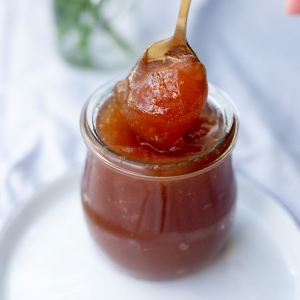
jam
The importance of special characters
All above-mentioned letters are an important part of the system of the Czech pronunciation. Mispronouncing special characters can lead to confusion and saying a completely different word. You can read more in the article Why are special characters important?
The following are some examples of real words:
The next chapter will introduce you to Ě and softening of consonants.
- á – táta, bláto, váha, sádra, káva
- é – kupé, tér, pravé, jméno, mokré
- í – bída, lízat, píle, síla, svítat
- ó – tón, citrón, bujón, kódy, skóre
- ú/ů – údolí, úterý, půlka, domů, kůra
- ý – mýval, lýtko, dobrý, velký, mladý
- č – čára, počin, ročenka, léčba, ovladač
- ď/ť/ň – ďolík, ďábel, ťukat, zeť, ňafat, síň
- š – šátek, šéf, košík, Vašek, pleš
- ž – žemle, žolík, růže, požár, mroži
- ř – řádek, vařit, březen, křída, mořský
- ch – chyba, chocholka, pech, rachot, chlupy
- dž – džudo, džihád, bendžo, Mahárádža, Ázerbájdžán
- a-á – pára – párá, pravá – práva, váha – váhá
- e-é – pera – péra, peci – péci, tečka – téčka
- i-í/y-ý – litá – lítá, vir – vír, byt – být, syrový – sýrový
- u-ů – domů – domu, může – muže, půdy – pudy
- … – moc – moč, lán – laň, kos – koš, ryze – rýže, kur – kuř



